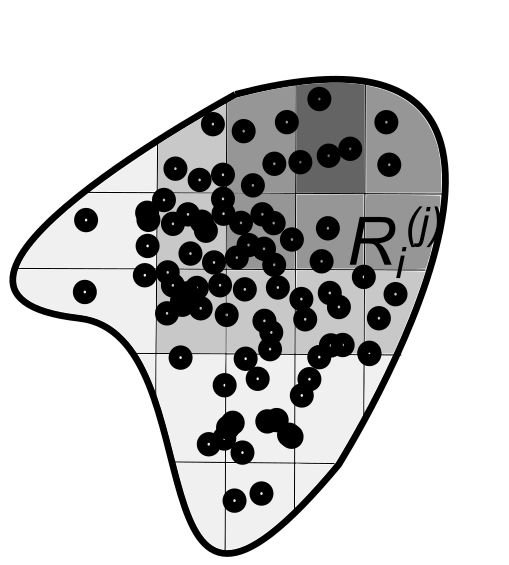During a postdoc with Brad Shaffer at UCLA, I worked in collaboration with Peter Ralph at University of Oregon, to develop methods that use genomic data to inform demographic models of the desert tortoise (Gopherus agassizii). These models will enable analysis of effects of scenarios for development in the Mojave desert on the tortoise’s population viability.
Another project concerns directly inferring the relative strengths of plasticity and genetic evolution (heritability) from a time series of trait and abundance data. This problem is particularly challenging if selection might vary across time. During graduate school, I began work on using a Bayesian state-space model to address this problem by quantifying how prior information influences estimates from numerical simulations. I presented this method (at ESA in 2013, and the International Statistical Ecology Conference in 2014, winning awards at both conferences). I am interested in continuing this work at some point, ideally applying it to data in case studies including Sockeye salmon (Oncorhynchus nerka) using public data (e.g., from Bonneville Dam on the Columbia River, WA, USA or the Fraser River in BC, Canada).
